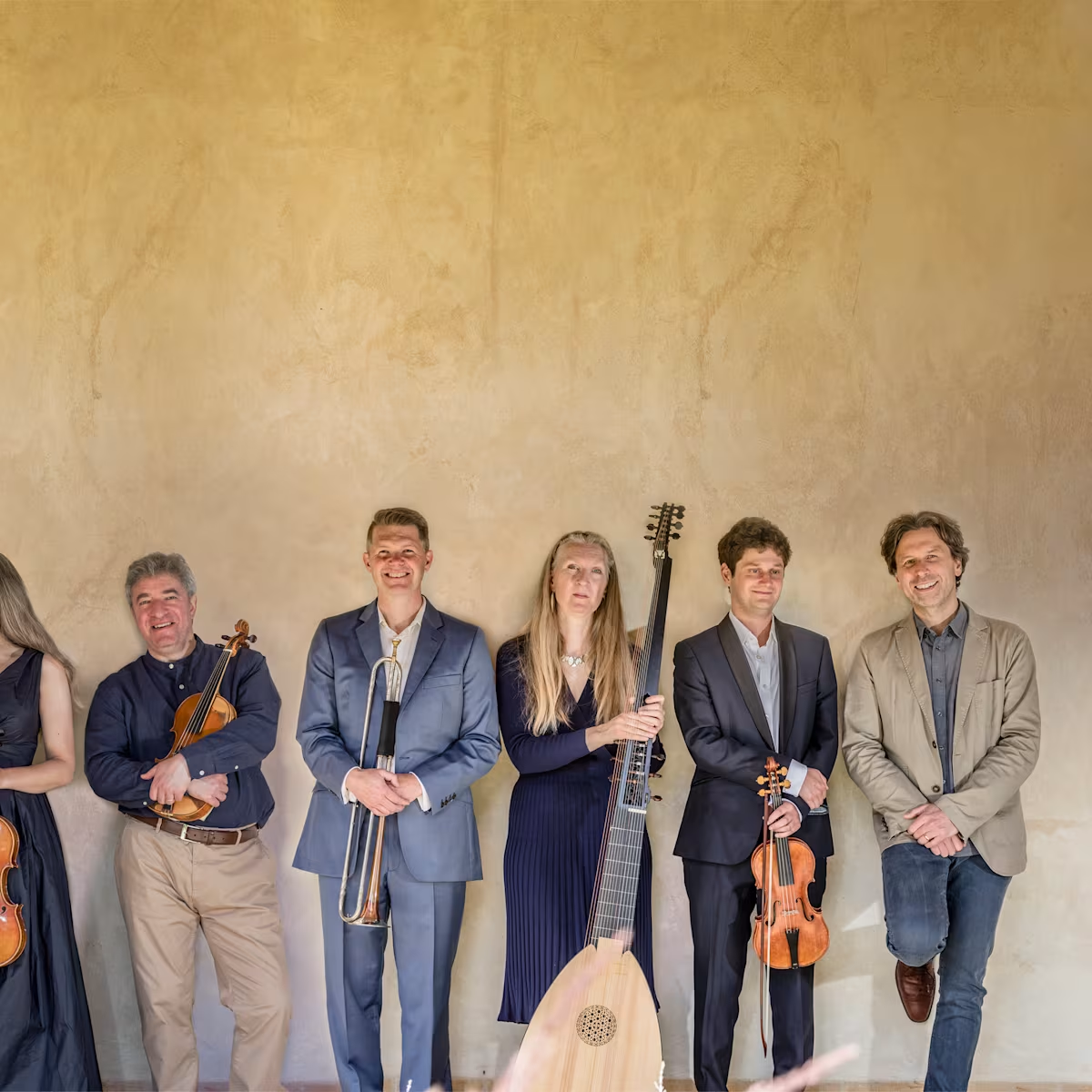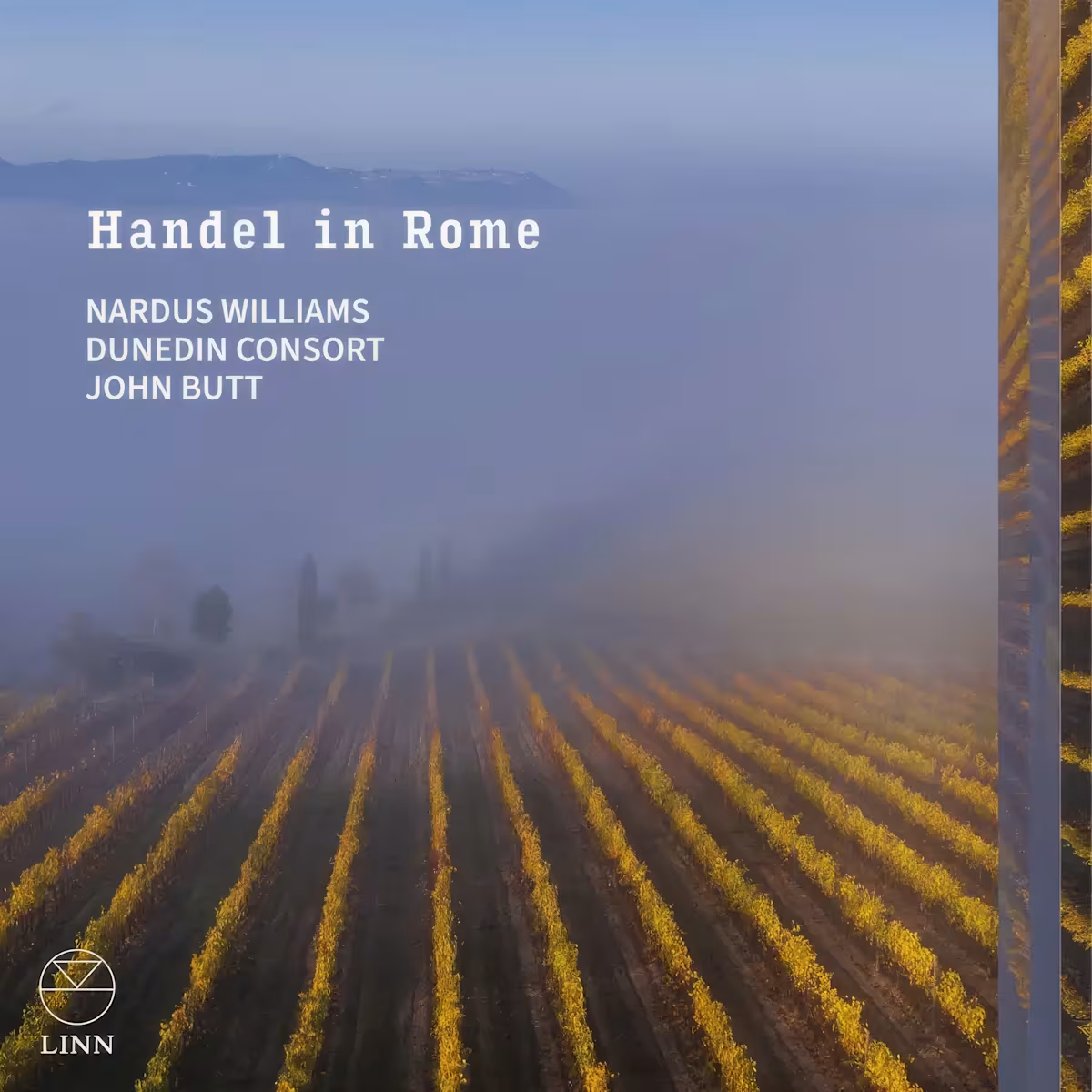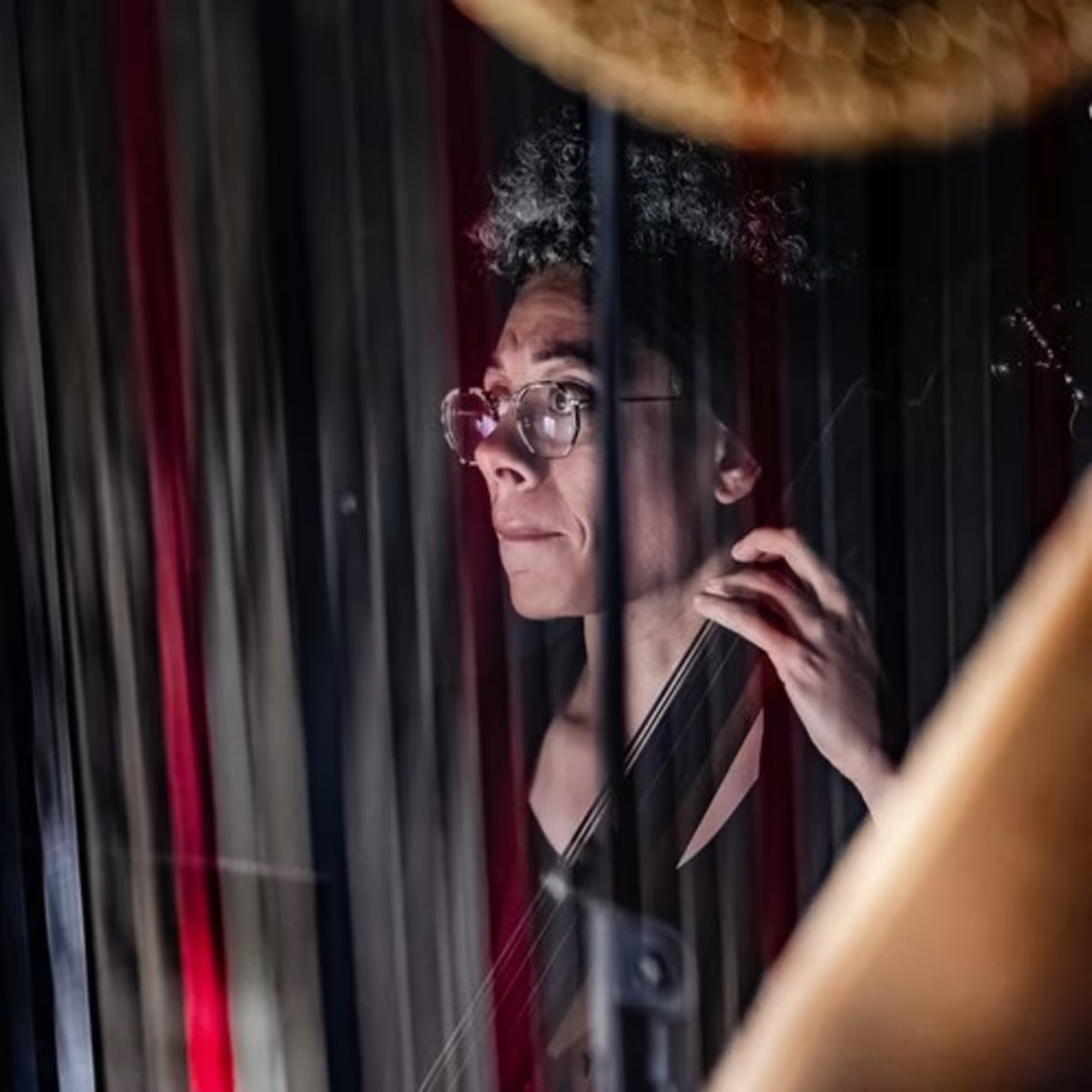Recording
Mozart’s Bassoon
Peter Whelan and Ensemble Marsyas
Share this

Returning to his beloved bassoon, Peter Whelan takes a fresh look at the two surviving works by Mozart for the instrument: Concerto K. 191 and Sonata K. 292. These attractive early works were most likely composed during the composer’s time in Salzburg. The concerto is the earliest of his woodwind concertos, and has become a staple work for every bassoon player: it showcases the tremendous capabilities of the pre-nineteenth-century instrument, its agility, extraordinary range and tone colour.
Whelan and his virtuoso Ensemble Marsyas are playing from the original printed parts since the autograph score has not survived. While the sonata’s original medium is uncertain – for two bass instruments or bassoon and keyboard – Whelan makes it his own with Kristian Bezuidenhout performing the continuo line.
Ensemble Marsyas rounds off the programme with Mozart’s most dramatic work for winds, the Serenade in C minor. Composed in Vienna for the Harmonie (the bassoon’s natural home), it served as a musical laboratory where Mozart could experiment with the virtuoso and lyrical possibilities of his Viennese wind soloists who later animated his greatest operas.
The Irish Times:
'The focus with Whelan’s own Ensemble Marsyas is much sharper, the orchestral lines more muscular, the musical grip tighter.'
Find out more about Mozart's Bassoon and buy a copy at Out Here Music.
This project was supported by a grant from Continuo Foundation
Supported by Continuo Foundation
Share this
Keep reading

La Serenissima's 30th Anniversary
La Serenissima marks 30 years with Giro d’Italia, celebrating forgotten composers and a new recording of Vivaldi’s Opus 8.

Handel In Rome
Handel in Rome features Nardus Williams & Dunedin Consort performing three Italian cantatas, showcasing Handel’s early Roman period under John Butt's direction.

In conversation: Carina Cosgrave
Double bass payer Carina Cosgrave talks about why she loves teaching, her mentors and some exciting discoveries.

